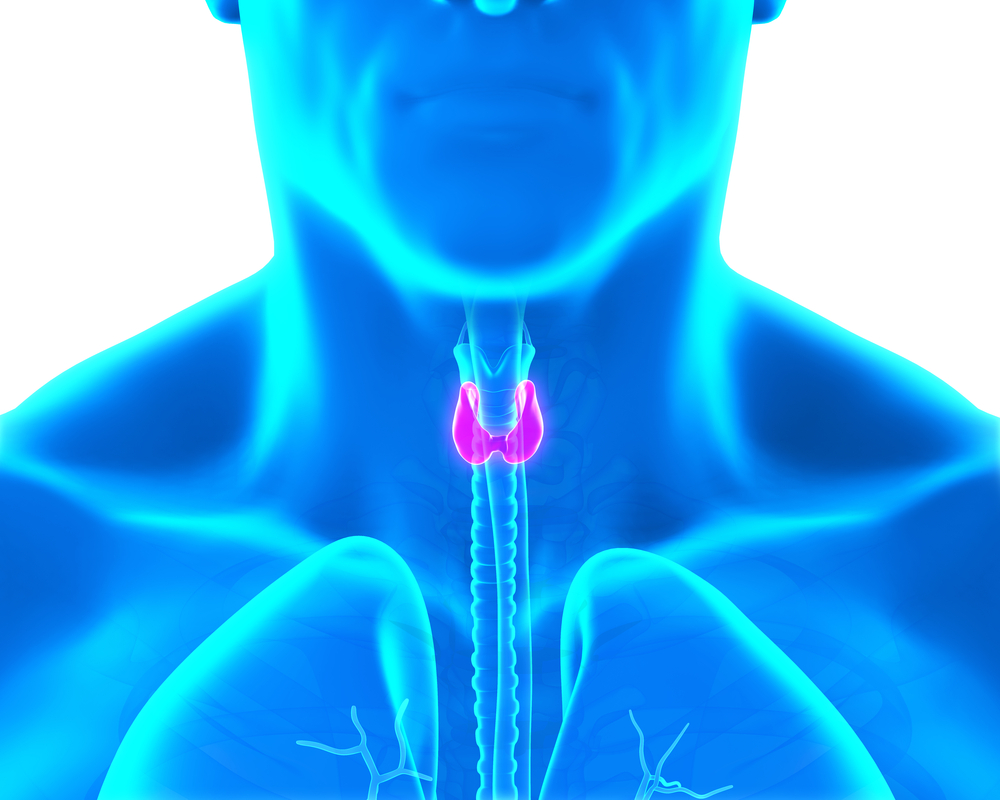Levothyroxine is one of the most common medications that I see used in my everyday practice. I’ve definitely seen a fair share of mistakes with levothyroxine. Here’s a few common ones that come to mind.
- Dosing levothyroxine based upon TSH is counter-intuitive. When you think of most medications, a low level will lead you to increase the dose (warfarin, phenytoin, etc.). With levothyroxine, when TSH is low, it indicates (with a few exceptions) that the body has too much thyroid hormone and levothyroxine should be reduced.
- Identifying medications that may cause changes in thyroid function. Lithium and amiodarone are two classic examples of medications that you need to monitor thyroid function. I have definitely seen this get missed.
- Drug interactions. Getting the correct dose of levothyroxine can sometimes be challenging and drug interactions can complicate this. The classic example that comes to mind is calcium.
- Simplify. Patients can get overwhelmed and confused about complex medication regimens. We need to do our best to try to avoid every other day, half tab orders, two times per week, and other orders that aren’t consistent. This will hopefully prevent some headaches and help ensure that our patients are actually taking the medications as we intend.
Enjoy the blog? Follow it and get a FREE gift! My 30 medication mistakes is a free 6 page PDF of medication mistakes that I see in my everyday practice as a clinical pharmacist!



My 5 Rules for Thyroid administration in the institutional setting to be followed stepwise
1. BE CONSISTENT with whatever time you choose
2. Do not give thyroid simultaneously with medications that significantly impair absorption (notably vitamins/minerals/antacids, bile acid sequestrants, carafate and sevelamer)
3. Ideally, give first thing in the morning on empty stomach (30-60min prior) per manufacturer specs
4. If this is problematic for the patient give it 4 hours after the last meal of the day or at HS
5. If this is still problematic seek a physician order to give at a set time with other meds and document TSH is being monitored.
Interesting that in school and the above poster states give in the morning, but based on what I have found from clinical studies seems to suggest night time actually might be better if not the same as compared to am before food, any ideas?